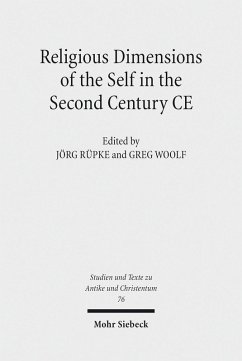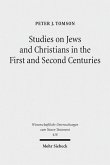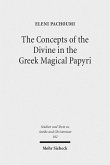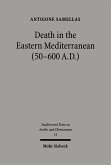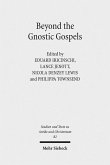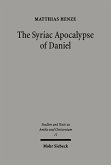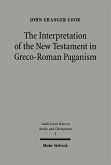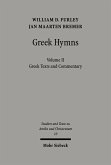Did new senses of the self emerge in the High Roman Empire, and if so what were the religious corollaries? Were such changes connected to processes of institutional change? Could they usefully be described as 'individualisation'? These are the key concerns of the authors of this volume. They address the field of Hellenistic philosophy, medical texts and the literature of the so-called Second Sophistic, which all have been recruited to this debate. Most important, however, religious phenomena are included and brought to the fore. Thus the analysis of concepts of the self in Plutarch and Epictetus is followed by studies of the 'Shepherd of Hermas,' Clement of Alexandria and Ptolemaeus of Rome, Justin Martyr and the Corpus Hermeticum. Notions of the 'self' are traced in concepts of body and soul, I and god(s), but also in practices like dressing and ideas about political identity. Lucian of Samosata, a central author of the Second Sophistic, is shown to be involved in such discourses and practices in a sequence of studies. It is this kind of institutional setting which turns out to have been of central importance for the development of concepts of the 'self' in the period under consideration. Thus, in a final section, the authors address philosophical advice on dealing with sick friends, the individuality implied in votive practices, and institutions for religious educations within the field of Christian practices.
Dieser Download kann aus rechtlichen Gründen nur mit Rechnungsadresse in A, B, BG, CY, CZ, D, DK, EW, E, FIN, F, GR, HR, H, IRL, I, LT, L, LR, M, NL, PL, P, R, S, SLO, SK ausgeliefert werden.

